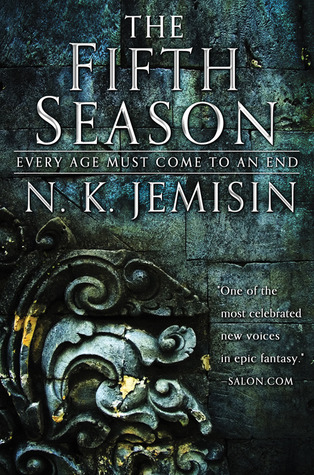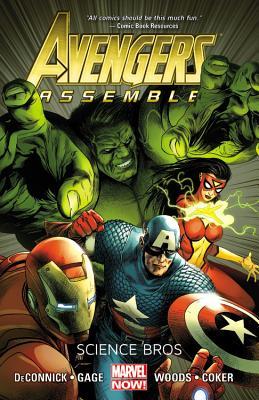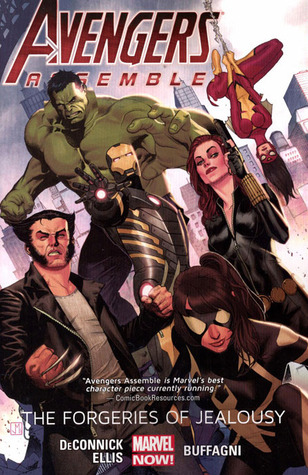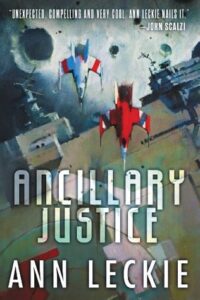 Ancillary Justice, Ann Leckie
Ancillary Justice, Ann Leckie
The first time I read this book, I was very conscious of everything people were saying about it in terms of how it treated gender, how it was feminist, etc, etc. I think reading it with those expectations did it a disservice — the way it handles gender is fascinating, and it’s definitely intriguing to get this look at another world where gender isn’t indicated grammatically or socially. But that’s not all this story is. It’s also an adventure, a thriller even; it’s about political machinations when you’re a being who can be divided against yourself in your opinions. It’s about AI and how to control them, about empire and how it functions. There’s a little bit of Rome in it, but there’s a lot of other influences as well.
Which is to say, it’s not about gender. If anything, the most powerful aspect of this book this time round was Breq’s repeated refrain, the closing words: “Choose my aim, take one step and then the next. It had never been anything else.”
When you’re not worried about figuring out who is what gender, and whether that’s clever or subverting your expectations or what, it’s a smoother read, and one in which you can become attached to the characters. Lieutenant Awn — I don’t know what she looks like, nor do I care. I care what she does in the moment, and about her regret for acting or not acting. I care about Breq’s determination to be worthy of the person Awn was. Despite myself, I even care about Seivarden — a snob, a jerk, but also someone who begins to try to be something more.
Going into Ancillary Justice at a remove from the buzz, just because I wanted to reread it and enjoy it, was an excellent decision. I don’t expect my experience of Ancillary Sword and Ancillary Mercy to change in that way, because I already knew what to expect at that point — but I’m quite prepared to find more depth there than I saw the first time.

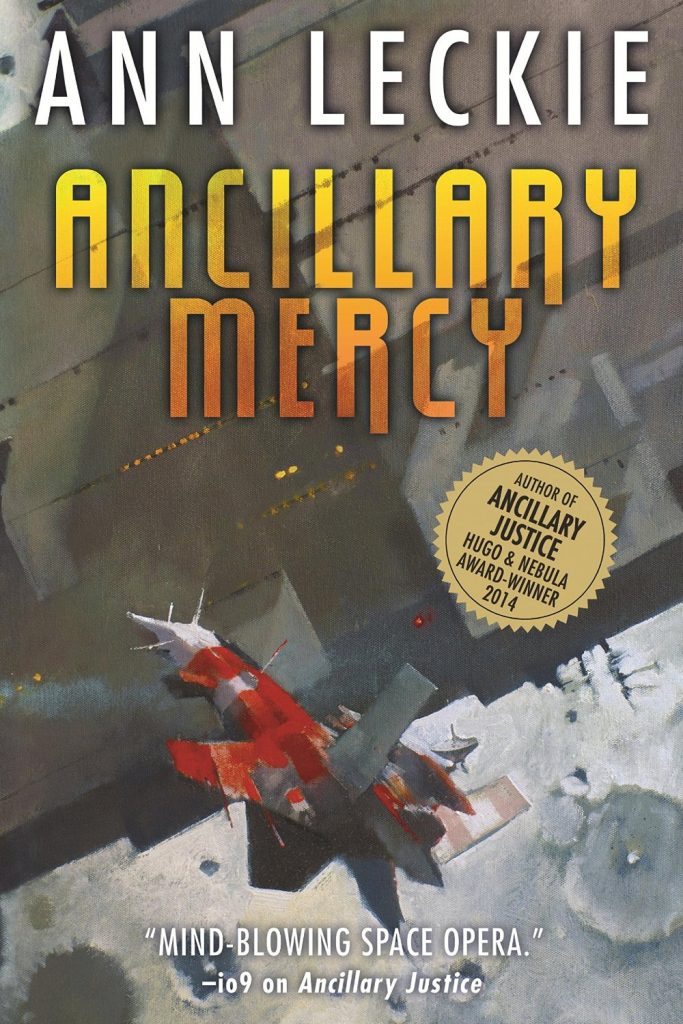 Ancillary Mercy, Ann Leckie
Ancillary Mercy, Ann Leckie





